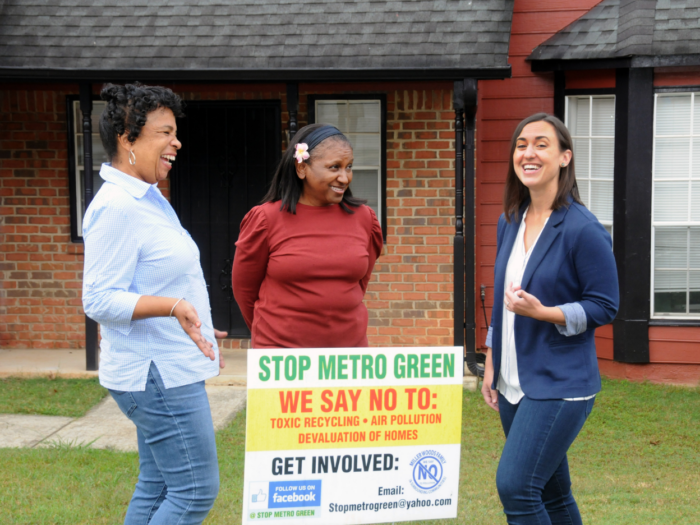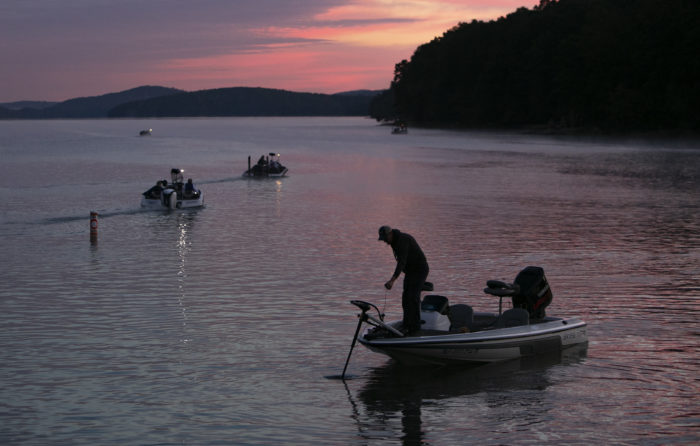SELC’s Chandra Taylor-Sawyer on environmental justice in the South
Chandra Taylor-Sawyer is a senior attorney in our Chapel Hill office and leader of our Environmental Justice Initiative. As we work to shine a spotlight on environmental injustice and what is being done about it throughout the region, Chandra encourages people to make decisions every day to right wrongs of the past and work with Black, Latino, and Indigenous partners to conserve natural resources and fight polluting projects.
On what environmental justice is to the South

Environmental justice, the work of alleviating or preventing disproportionate burden on communities of color and low wealth communities, is creating meaningful space for people, regardless of race or income, to be involved in decisions surrounding their homes and neighborhoods. This includes everything from development, land use, to implementation of laws and statutes. SELC fits in by creating and widening that space for our clients and partners. I grew up in the South and have chosen to make improving it part of my life’s work. There is such a deep connection between the land and the people here that any true justice for people in the South and beyond must include environmental justice. Land has been lost and stolen; wealth creation has been stymied, and too many lives have been lost to carrying environmental and public health burdens. We’re at the point now that responses from—and choices made by—local and federal decision makers are, in many cases, direct responses to years of continued literal dumping in Black, Indigenous, and Latino communities.
On land use decisions
Land use decisions and suppression of political power are at the heart of environmental injustice. SELC is committed to amplifying community voices and working with communities facing injustice daily to stop polluting industries from entering communities, ensure that those already present clean up their act and do not cause further harm, and that community members are heard. From slavery, reconstruction, and Jim Crow, to redlining and urban gentrification, decisions about how land is used and by whom, have set the precedent for the treatment and movement of people not only in the South, but the entire country.
On victories and priorities

We are seeing huge wins, like in North Carolina, when public outcry over a plan to evade pollution limits led to state environmental officials to reverse course on a proposed deal. In that case, discharges from a former Alcoa aluminum smelting plant at Badin Lake contained unacceptable levels of cyanide and fluoride, even after partial re-construction of a water piping system required by a 2019 settlement SELC helped negotiate. West Badin is a predominantly Black community near Badin Lake and Concerned Citizens of West Badin Community led the charge in fighting pollution from the plant and looking for solutions.
For every one of these victories, there’s a loss or a community that we don’t even know about…that no one does. We don’t want our neighbors to suffer in silence or alone. Therefore, it is a priority for me and SELC to let current and potential partners know we are ready and will continue to stand with them.
